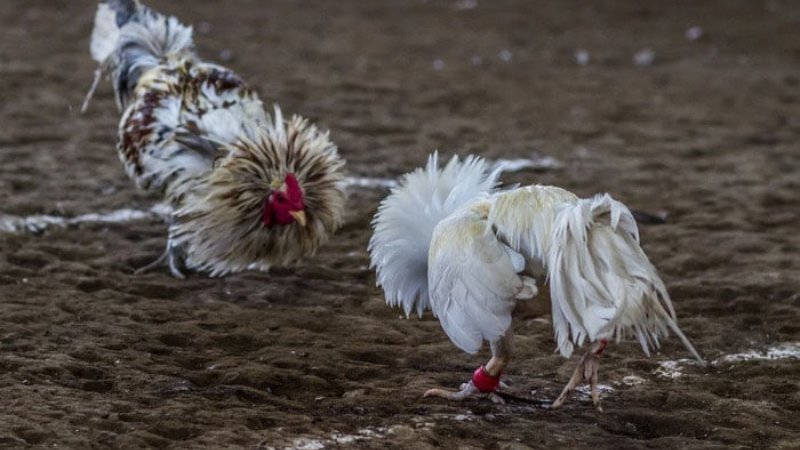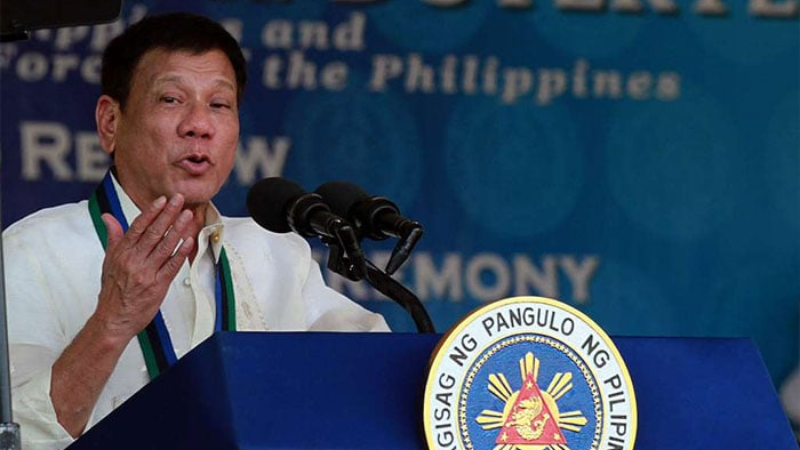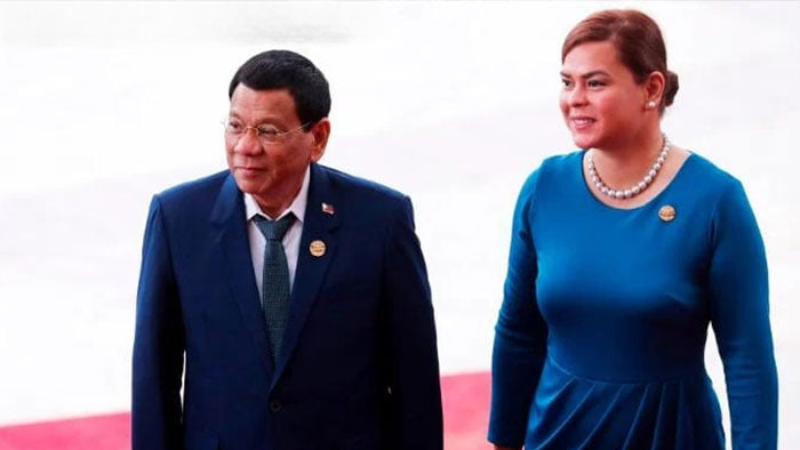Sports betting in online sportsbooks began to flourish during the COVID-19 pandemic, and e-Sabong contributed significantly to the Philippine economy throughout the COVID-19 period. However, Sabungeros who watch and bet on e-Sabong through online platforms are causing huge costs to the citizens of the Philippines. At the height of e-Sabong Mania, the number of domestic crimes is on the rise, and all members of society, including the police, are looking for a way to quickly pay off the mounting debt they are accumulating.
With the new government in power, e-Sabong was outlawed, but the effects of the gambling boom remain. E-Sabong is still prevalent among all members of society, and reports of robberies, kidnappings, and even suspected murders continue to occur. Many families are still torn apart and deeply in debt.
Despite these strong social influences, the decline of e-Sabong has been very slow. Thanks to ambitious gambling tycoons, huge government tax revenue, and a president who didn’t see the social impact of e-Sabong until it was too late. This deadly gamble will soon return to the Philippines. (Lucky cola)

Why Cockfighting is Popular in the Philippines
Sabong indeed brings together different social classes, but their treatment within and acceptance in the arena also varies depending on their social class.
As a sportsbook of chance often with money bets, it is a test of luck and faith in fate and miracles, where devout Christians offer prayers before a match. Since the emerging winner and its lucky bettors win the pot, Sabong is, thus, seen as a way to improve one’s status in society. A poor man’s gamecock can be fought against the richest, thus, they follow the idea of equal opportunity.
Clearly, a traditional part of the Filipino national identity, Sabong is deeply embedded in our culture and seems to continue to do so for thousands of years to come.

e-Meeting Grows Rapidly in the Influence of COVID-19
Not only has COVID-19 forced the Philippines to close its borders, but it has also restricted the movement and gathering of its citizens. This resulted in the banning of many cultural, sports and gambling activities, including Chaban. According to the Philippine Amusement and Gaming Corporation (PAGCOR), a government agency, the Philippines is losing 5-6 billion pesos ($885-106 million) per month during the aforementioned period.
To support the gambling industry in these difficult times, the Philippine government has made online gambling available to people across the country. Many of these Sabungeros are naturally drawn to e-Sabong because it offers a form of gambling and a culturally significant form of entertainment.
With low betting limits (~$1.78) and no need to spend time going to a brick-and-mortar stadium, a large portion of the Filipino public was quickly hooked. As of December 2021, the industry estimates that there will be more than 5 million e-sandbox Sabungeros.
e-Sabong increases the Social Cost in the Philippines
e-Sabong is a low barrier to entry sports betting that is highly addictive, quickly causes many social problems, and is almost always driven by money. Many quickly fall into debt, sell all their possessions to fuel addiction or turn to crime to pay off their debts.
Reports from this time include the robbery of a heavily indebted police corporal and a desperate mother who allegedly sold her child. However, those who lost money are not the only ones to blame. There are many allegations of game manipulation schemes against poultry farmers.
Some of these conflicts have escalated into violence, with 34 people kidnapped for their participation in recovery plans since May 2021. The men have not been found and are presumed dead.

The President of the Philippines defends e-Followers
President Duterte has long defended e-Sabong and has defended it several times in public speeches.
“I couldn’t stop it because the government needs the money for e-Sabong. I am doing business now, 640 million pesos per month. Just a few years, billions. Where are we going to get such easy money? ? 640 million pesos (1,134 $10,000 entertainment tax is really critical in this country.”
President Duterte seems concerned that the government’s ban on e-Sabong will only drive the sport underground, it cannot be taxed or regulated, giving all funding and control to gangs and criminals.
One of his claims was to give the Philippine General Hospital 100 million pesos of monthly e-Sabong revenue to support its operations. He has repeatedly said that the money will be used to fill the economic gap created by COVID-19, effectively helping to provide universal health care, improve infrastructure, and promote education.
However, Duterte’s stance on e-Sabong became unstable after the Department of the Interior and Local Government (DILG) reviewed the social impact of e-Sabong. In the online survey, 62% of respondents wanted the government to ban e-Sabong completely, 34% said stricter regulation was needed, and only 4% expressed support for e-Sabong.
Philippines Imposes Ban on e-Followers
Duterte officially banned e-Sabong on May 3, 2022. All licensed operators were immediately ordered to stop betting and sites began to shut down. The government also ordered banks and financial institutions to stop processing payments related to e-Sabong and give punters 30 days to withdraw all funds from their e-Sabong betting accounts.
The ban is believed to stem from a DILG report that highlighted how e-Sabong has led to mass kidnappings, massive debt, and many other social problems. In a statement, Duterte reiterated that his sole purpose in defending e-Sabong is to raise funds for the country’s needs.
It wasn’t until mid-June a month later that Duterte formally defended his long-standing defense of e-Sabong, admitting that he was “too late” understanding its negative impact. Duterte resigned from the presidency a few weeks later and his term ended.
In the elections that followed, Duterte’s daughter Sara was elected as the 15th vice president of the Philippines, serving under President Ferdinand “Bongbong” Marcos, the son of the former dictator. Marcos expressed his distaste for e-Sabong before Duterte banned it, and has done little to reverse the ban since taking office.

The Return of the Deadly Betting Boom
Although e-Sabong has rarely been mentioned since the new Philippine government was elected, many find it hard for them to completely reject the certified money-making tool. In the Philstar interview, Atong Ang clarified that he wants e-Sabong to return to the Philippines.
Although this could not happen under Ferdinand Marcos Jr, Sara Duterte became an advocate of gaming practices during her tenure as mayor of Davao City.
This, along with his father’s reluctance to ban the sport in the first place, has led many to believe that if he runs and wins the presidency in the future, the Philippines will see a return to this lucrative and deadly sportsbook boom.

